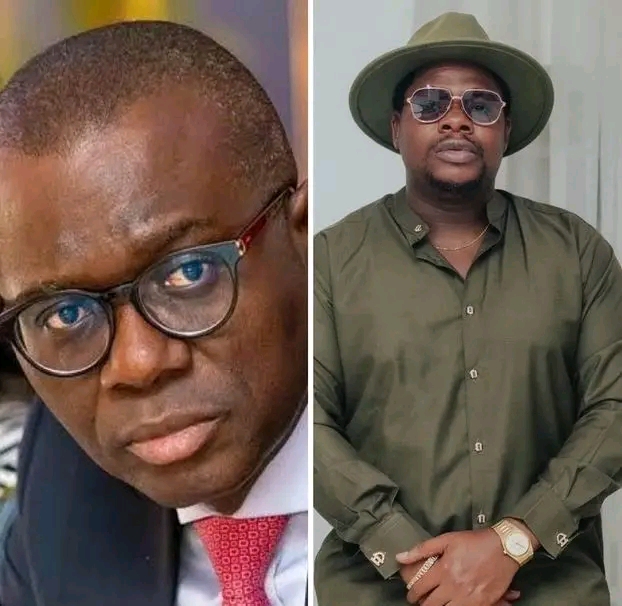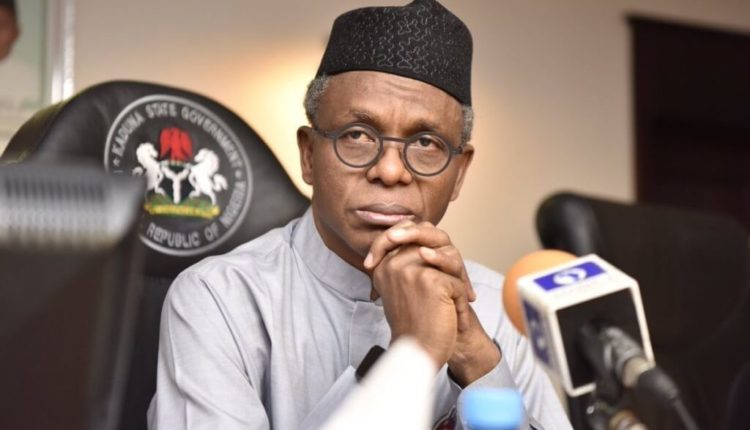Election observers are essential in ensuring quality and transparent electoral processes. Mahmood Yakubu, the chairman of the Independent National Electoral Commission (INEC) said “The progressive improvement in our electoral democracy since 1999 draws in part from the reports of observers and the study tours”. Despite their important roles, election observers in Nigeria face harassment and assaults for carrying out their constitutional duties.
In preparation for the March 18 gubernatorial elections in Nigeria, the Centre for Journalism Innovation and Development (CJID) deployed 56 observers across 31 states. In the course of undertaking their duty, some were victims of abuse from various actors. Among other forms of assault, some of them were detained, beaten, threatened or had their phones seized.
One of the observers, Abiodun Jamiu, was attacked at polling unit 11, Garba Garba ward, of the Bodinga local government in Sokoto state. This incident took place at about 10am while he checked the voters’ register at the said polling unit. He said “some men approached me and told me to identify myself which I did. They left, came back and told me to leave”.
As he tried to make sense of the demand, they charged at him with the intent to attack. Although he hurriedly left the polling unit for another one, the irate men followed him and chased him out of the local government. He said, “I had to leave to avoid being beaten up.”
Unfortunately, Richard Ekeke was not as lucky as Jamiu to escape unscathed. He arrived polling unit 002, Ward 2 of the Esit Eket local government in Akwa Ibom where he observed massive vote buying. He noted that the INEC officials were also working with the PDP party agent and he took a picture discreetly and left for the next polling unit. Unknown to him, he was not as discreet and he had some party thugs on his tail. As soon as he arrived polling unit 001, Ward 3 of the Esit Eket LG, he noticed an angry mob charging into the polling unit.
He soon realised that they were after him and he said “I ran to the back of the polling unit which was a secondary school but some of them were waiting for me there. They snatched my tag, tore it, snatched my phone and hit it several times with a stick”. As Ekeke tried to identify himself, he was barraged with slaps and punches from the angry mob that descended on him.
Richard Ekeke’s broken phone. Source: Richard Ekeke
“I thought I would be lynched and that was the end”, Ekeke said. Luckily for him, the convoy of Hon. Iniobong Robson, the chairman of the Esit Eket LG, passed by and noticed the assault. Security personnel attached to the chairman came to his rescue and whisked him away to a safe place.
Similar to Ekeke’s fate, Oche Akor was abused physically. While observing at polling unit 003, Ward 13 in Ajaokuta LG, Kogi state, Akor was attacked by Hon. Lawal Idirisu’s convoy. The police officers attached to Hon. Idirisu, who is a member of the Nigerian People’s Party (NPP), challenged Akor for taking videos of the Honourable sharing money to the electorate. His tag was torn and he was beaten by the security operatives and party thugs.
“It happened so fast. Before I knew it, they had snatched my phone and dragged me to one corner. They tried to delete the pictures and when they could not do it, they removed the memory card and formatted my phone”.
Akor was then thrown into one of the Hilux vehicles and driven around the local government as the Honourable went around sharing money to electorate. It took the sympathy of some of the security operatives who pleaded with the Honourable to let Akor go.
Officers of the Lafenwa police station at the Olomoore area of Abeokuta in Ogun state detained Vindication Alawode and his motorcyclist although they both had proper means of identification and the motorcycle had an election observer sticker that is designed by the Independent National Electoral Commission (INEC) to ensure smooth movement for observers.
Alawode said “they tore the tag off the motorcycle and that (act) removed evidence that the motorcycle was tagged. They took the bike away and it took the intervention of a senior colleague to get the motorcycle out.”
Taiwo Fatola was arrested and detained by officers of the Nigeria Security and Civil Defence Corps (NSCDC) in Osun state. According to him, he was speaking to the Polling Officer at polling 12, Ward 5 of Olorunda LG when he was approached by party agents and asked to identify himself. As soon as he did so, they gestured to the NSCDC officers who immediately whisked him away in their vehicle to their headquarters in Osun state. He was released over an hour later after being made to write a statement like a criminal.

On his way back from the Ijebu Ode local government and heading to the Ijebu North local government in Ogun state, Caleb Ijioma was stopped at an army checkpoint and told to identify himself. A soldier whose name tag bore Olukoya O. asked the reporter if he was not aware of the restriction of movement due to the elections. Although Ijioma identified himself and presented his tag, his motorcyclist’s key was seized.
Prior to the 2023 Nigeria elections, several media NGOs called on the security operatives as well as INEC to protect journalists and observers on the field. The International Press Centre (IPC) expressed concern over the harassment of 250 journalists and observers in the 2019 election.
In January 2023, the CJID also hosted a roundtable where experts and security agencies weighed in on their efforts to curb the harassment of journalists during elections.
In a statement by CJID’s Head of Election Analysis Centre, Mboho Eno, condemned the attacks on journalists and observers by thugs, general citizens and the security structure. He said “with what was recorded during the February 25th Presidential election, one would have thought that the incidents of harassment, intimidation and outright assault of observers and journalists would be far lower during the March 18th Governorship and State House of Assembly elections. But the reverse is the case from what we have seen so far. We have seen where journalists and observers have been subjected to various forms of attacks and assaults, thereby sustaining various degrees of injuries and emotional trauma by thugs and security personnels”.
Busola Ajibola, the Deputy Director of the Journalism Programme at the CJID, called for action to be taken against state operatives named and identified to have infringed on the rights of observers and journalists. As for political thugs, Ms Ajibola said “political actors who have been identified to have made inciting statements and fanned the embers of ethnicity against section 92 (1) of the 2022 electoral act should be dealt with according to the law. Also their followers who implemented the threats should also be prosecuted in line with the law”.







